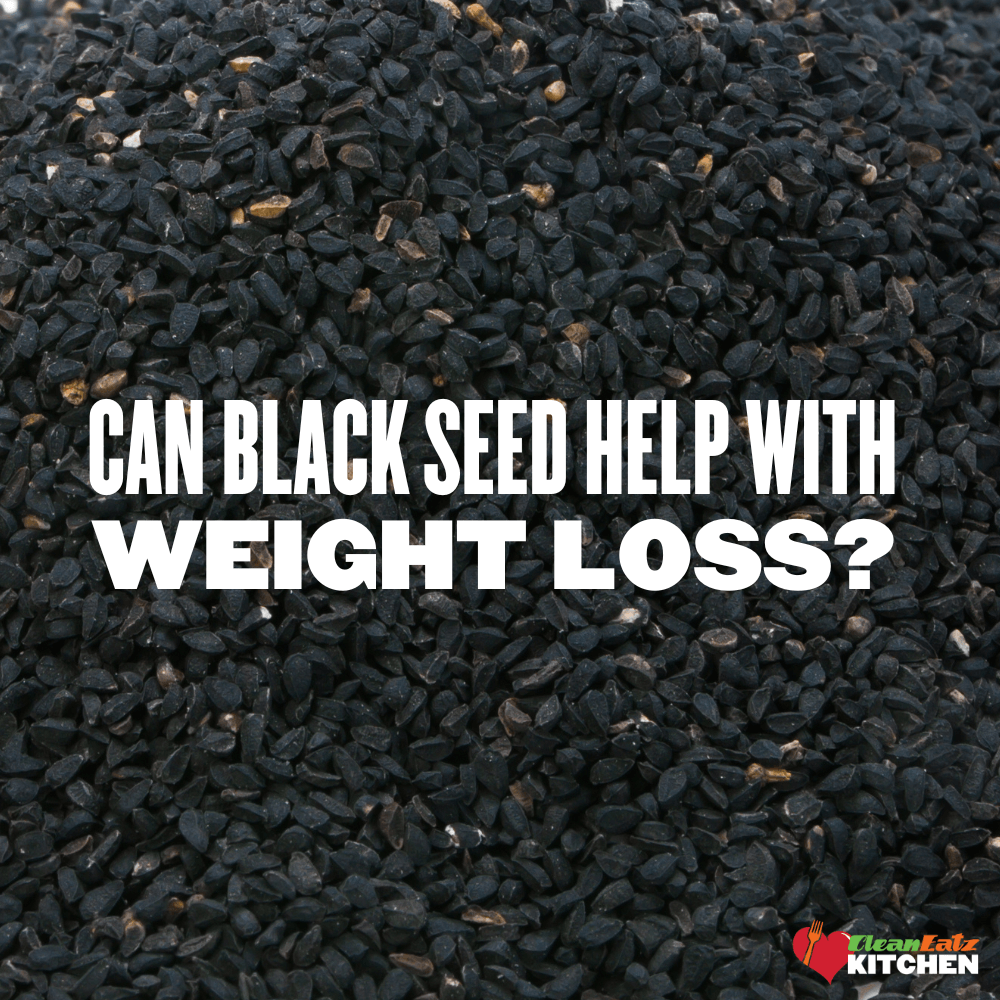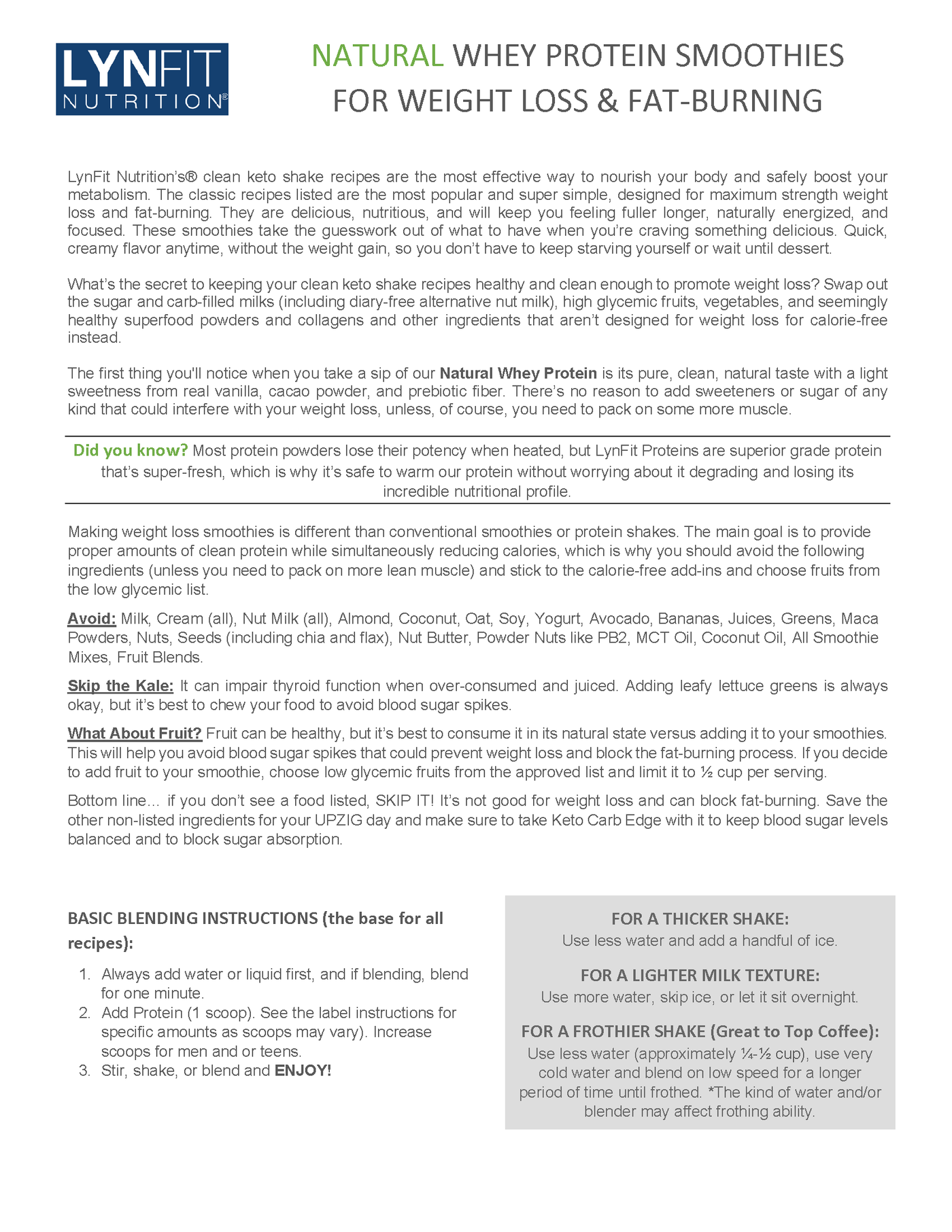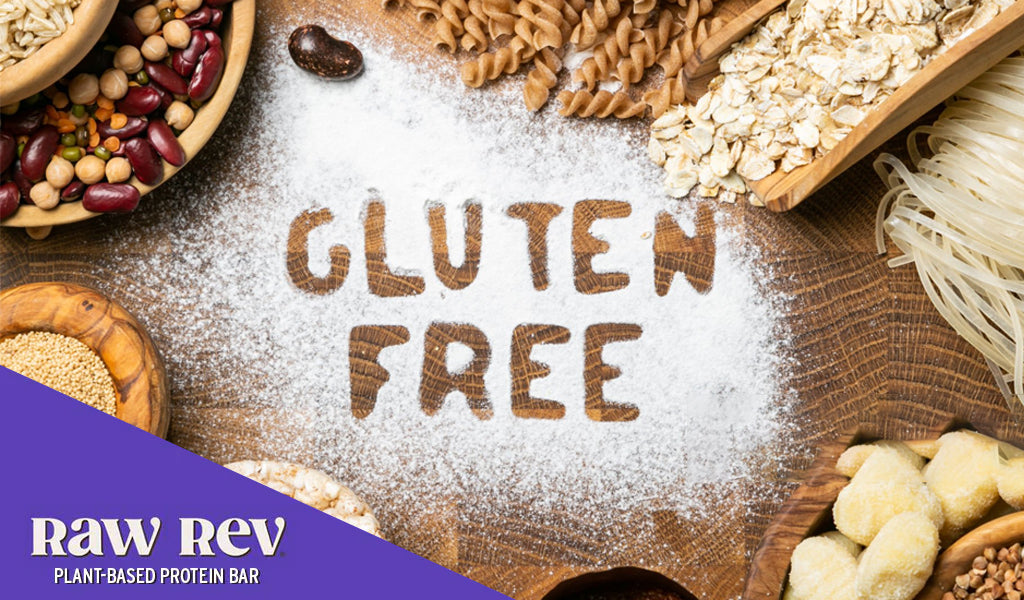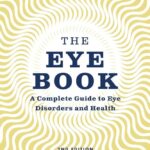To choose the right protein powder for weight loss, focus on low-calorie, high-protein blends with minimal sugars and fillers. Prioritize protein sources that align with your dietary preferences, such as whey, casein, or plant-based options.
Selecting an appropriate protein powder can significantly influence your weight loss journey. Protein supplements help maintain lean muscle mass and foster satiety, essential for managing weight. For those trying to shed pounds, a suitable protein powder acts as a convenient and efficient nutrient source.
As different proteins have varying digestion rates and amino acid profiles, it is crucial to understand your body’s needs and your dietary restrictions. Whey protein is a popular choice due to its rapid absorption and comprehensive amino acid content, making it ideal post-workout. Conversely, casein is digested more slowly, providing a steady amino acid release ideal for muscle recovery overnight. Plant-based powders, such as pea, rice, or hemp, cater to vegans and those with dairy sensitivities, offering an array of health benefits alongside weight management. Your decision should also factor in taste preferences, digestibility, and any additional nutritional goals you may have to ensure your weight loss plan remains effective and enjoyable.

Credit: optimisingnutrition.com
Unpacking Protein Powders
Protein powder is key for shedding pounds. It helps keep you full and builds muscle. A variety of protein powders exist. Each suits different health goals and dietary needs.
| Type | Main Source | Best For |
|---|---|---|
| Whey | Milk | Quick digestion |
| Casein | Milk | Slow release |
| Pea | Yellow peas | Vegans |
| Rice | Brown rice | Gluten-free diets |
| Soy | Soybeans | Dairy-free |
| Hemp | Hemp seeds | Omega-3 fatty acids |
Choose one that fits your lifestyle and allergies. Picking the right protein can boost weight loss. Each type supports your goals in different ways.
Decoding The Nutrition Label
Choosing the right protein powder for weight loss involves examining nutrition labels with a keen eye. One crucial aspect is the macronutrient ratio, which includes proteins, carbohydrates, and fats. A blend that is high in proteins and low in carbs and fats can be ideal for those looking to shed pounds.
The balance of these macros deeply influences your weight loss journey. A protein powder that packs at least 20 grams of protein per serving is generally recommended. Low sugar content is equally important because high sugar can negate the benefits of protein in weight management.
| Protein Count | … |
| Carbohydrate Level | … |
| Fat Content | … |
Analyze the specific ingredients as well. Ingredients like fiber and added vitamins can enhance the powder’s weight loss properties. Avoid excess sweeteners and fillers that can lead to weight gain instead of loss.
Whey Vs Plant-based Proteins
Choosing the right protein powder for weight loss often involves a comparison between whey and plant-based proteins. Whey, hailing from milk, is a complete protein with all essential amino acids. Yet, it may not suit everyone due to allergies or lactose intolerance.
Plant-based protein options, such as pea, rice, and hemp, are lactose-free and thus better for those with dairy sensitivities. Not all plant proteins have every amino acid. Some might need to couple with others to form a complete protein profile. Pick blends for a comprehensive amino acid mix.
Check labels for digestibility scores and amino acid profiles. Consult experts if you have dietary concerns.

Credit: www.cleaneatzkitchen.com
Importance Of Amino Acid Profiles
Choosing the right protein powder is crucial for effective weight loss. A key factor is the powder’s amino acid profile. Proteins are made of amino acids. Some we must get from food, called essential amino acids. For those aiming to shed pounds, ensuring your protein powder contains all the essential amino acids can significantly impact your goals.
Proteins are labeled as complete or incomplete. Complete proteins contain all nine essential amino acids. These are vital for your body’s needs. Incomplete proteins lack one or more of these acids. Weight loss diets benefit from complete protein sources. They help maintain muscle while losing fat.
| Complete Proteins | Incomplete Proteins |
|---|---|
| Contain all essential amino acids | Missing one or more essential amino acids |
| Support muscle maintenance | May require combining with other proteins |
Taste, Texture, And Mixability
Finding the perfect protein powder for weight loss can be tricky. Important factors are taste, texture, and mixability. With various flavors, choosing one that appeals to your taste buds is crucial. The right flavor enhances your shake experience. It’s not just about the taste; the sweeteners used also matter. Some powders have artificial sweeteners, while others use natural ones. Look for proteins that blend well to avoid a gritty texture. A smooth, well-mixed shake makes your weight loss journey more pleasant. Always consider these aspects to enjoy your daily protein intake.
Supplement Timing And Diet Integration
Choosing the right protein powder for weight loss involves smart timing and meal planning. A critical aspect is understanding the best times to consume protein. Morning shakes kickstart metabolism and fuel muscle growth. Sipping protein post-workout aids in recovery. Some prefer a shake before bed to support overnight muscle repair.
Integrating protein powder into meals and snacks can be simple and effective. Blend it into smoothies, stir into oatmeal or yogurt, or bake into healthy treats. This ensures consistent protein intake throughout the day. Such integration supports a balanced diet and enhances weight loss efforts.
The Scoop On Serving Size And Cost
Choosing the right protein powder for weight loss involves smart math. Calculate the cost per serving by dividing the total price by the number of servings. Look for powders that offer optimal protein with minimal calories. Aim for products providing high protein content versus lower serving size. This strategy ensures cost-effectiveness and aids in effective weight management.
For weight loss, a serving size that contains 20 to 30 grams of protein is typically recommended. Ensure the chosen powder aligns with your daily dietary goals. A smaller serving size with high protein can reduce hunger and help manage calorie intake. Balance is key – not all powders are created equal. Remember to check the nutritional labels closely.
Steering Clear Of Marketing Traps
To make a smart choice in protein powders for weight loss, avoid falling for flashy ads. Always question grand promises that seem too good to be true. Products shouldn’t claim to work miracles. Look for nutrition facts over clever marketing.
Trust in honest feedback from real users over celebrity endorsements. Valuable reviews provide pros and cons and not just praise. Beware of reviews that lack details or feel scripted. Good reviews should speak about personal experiences with the product.
The Bigger Weight Loss Picture
Selecting the right protein powder for weight loss isn’t just about grams of protein. A balanced diet plays a crucial role, ensuring you get all essential nutrients. Including varied food sources complements protein supplements and supports healthy weight management.
Regular exercise should accompany protein intake. This combination aids in building lean muscle while promoting fat loss. Diverse workouts, like strength training and cardio, maximize the benefits of protein supplements.

Credit: lynfit.com
Frequently Asked Questions For How To Choose The Right Protein Powder For Weight Loss
How Do I Choose The Best Protein Powder For Weight Loss?
To select the best protein powder for weight loss, opt for ones high in protein but low in sugar and carbs. Look for lean protein sources like whey isolate or plant-based options. Check for minimal added ingredients and artificial fillers.
Verify the product has a reputable brand history.
What Is The Perfect Protein For Weight Loss?
The perfect protein for weight loss is lean and contains minimal fat, like chicken breast, fish, tofu, legumes, and low-fat dairy. Opt for whole food sources to maximize satiety and nutrients.
Which Protein Is Best For Women’s Weight Loss?
Whey protein can significantly aid in weight loss for women. It promotes satiety and helps retain muscle during calorie restriction.
Should I Take Protein Powder If I Want To Lose Weight?
Protein powder can support weight loss by promoting muscle maintenance and satiety. Choose a low-calorie, high-protein option and integrate it into a balanced diet and exercise plan for best results. Always consult with a healthcare professional before starting any new supplement regimen.
Conclusion
Selecting the ideal protein powder for weight loss can feel overwhelming, but armed with the right information and clear goals, you’ll find the perfect match. Remember to consider ingredients, protein type, and personal dietary needs. Prioritize quality and nutrition for the best results on your weight loss journey.
Stay informed, stay healthy, and power up your fitness routine with the protein powder that works for you!

– is a health enthusiast and blogger who is passionate about sharing his knowledge and experience in the vitamin and supplement industry. With over 5 years of experience in the field, William has developed a keen eye for identifying quality products and separating fact from fiction.
Last modified: May 8, 2024








